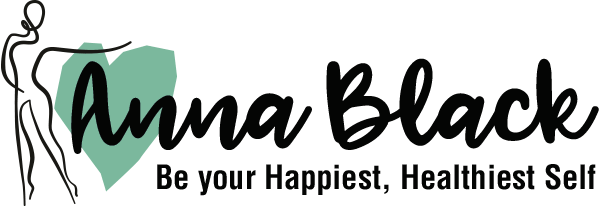Vicky Sharpe has been a Musculoskeletal Physiotherapist for nearly 20 years and has more recently trained in the changes our bodies, in particular our pelvic floor, can go through as a result of our declining hormones during Perimenopause and Beyond. She now shares this information with women and patients at her base in Hertfordshire and in conjunction with Nuffield Health
“I’m Vicky, I trained as a musculoskeletal physiotherapist nearly 20 years ago. I have worked in the NHS and currently work for Nuffield Health and The Physiotherapy Clinic Stotfold. My main focus in my early career has been sports injuries and I was the team physiotherapist at a local rugby club for 13 years.
Since having my two children I realised there is a lack of specialist post natal support for women and now with 40 being just around the corner I’m becoming more aware of the peri-menopause. This led to me doing a specialist menopause course for physiotherapists which I found fascinating. To finally understand the full impact of hormones on our bodies was mind blowing. To work alongside the menopause knowledge I have also trained in female pelvic floor assessments.
As a Women’s Health Physiotherapist I can do internal examinations on women to fully assess the function of the pelvic floor and assess for prolapse. The pelvic floor muscles have a huge impact on our pelvis, not just in the control of continence but also affecting our lower backs, hips and core muscles.
The pelvic floor muscles attach from our sacrum (lower part of the spine), around the inner pelvis, around the anus and vagina and to the front of the pelvis. They provide a sling support that gives a huge amount of stability. The pelvic floor muscles are most commonly affected by childbirth, this includes the months of carrying a baby, plus the birth itself. However what many women don’t realise is that even if you have never had children your pelvic floor muscles can become weaker when we reach the menopause. This is because the hormonal changes cause our muscles to become weaker and we can then experience continence issues.
Pelvic floor exercises can be tricky to do correctly but once you have ‘the knack’ of squeezing from back (anus) to front (vagina) things should improve. It is important to practice holds of 30 seconds to work on endurance and quick 10 seconds hold contractions to work on stress reaction.
Too many women suffer in silence with incontinence, it is treatable and quality of life can be vastly improved. A women’s health physio can help treat incontinence, manage prolapses or just check that you’re doing your pelvic floor exercises correctly.
Three key points to help your pelvic floor
- ‘The knack’ this is making sure you perform the pelvic floor exercises correctly. Squeeze from back (anus) to front (vagina) and practice long and short contractions.
- Reduce pressure on the pelvic floor. This includes looking at other factors that stress the pelvic floor like recurrent constipation. Look at your diet and fluid intake and see if anything needs changing.
- Learn how to ‘down train’ your pelvic floor. For some women being able to fully relax their pelvic floor is tricky. Work on relaxation breathing techniques to help with this.
It is highly advisable that you seek out a women’s physio if you have any problems with your pelvic floor. If you live in Hertfordshire or Bedfordshire and would like to see Vicky please contact her on Vicky.sharpe@nuffieldhealth.com or admin@physiospinalclinic.co.uk

